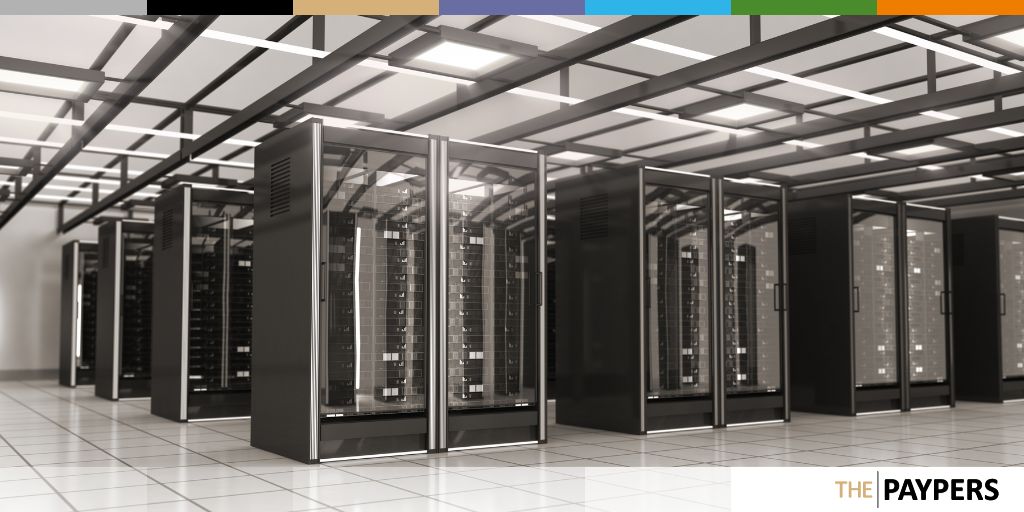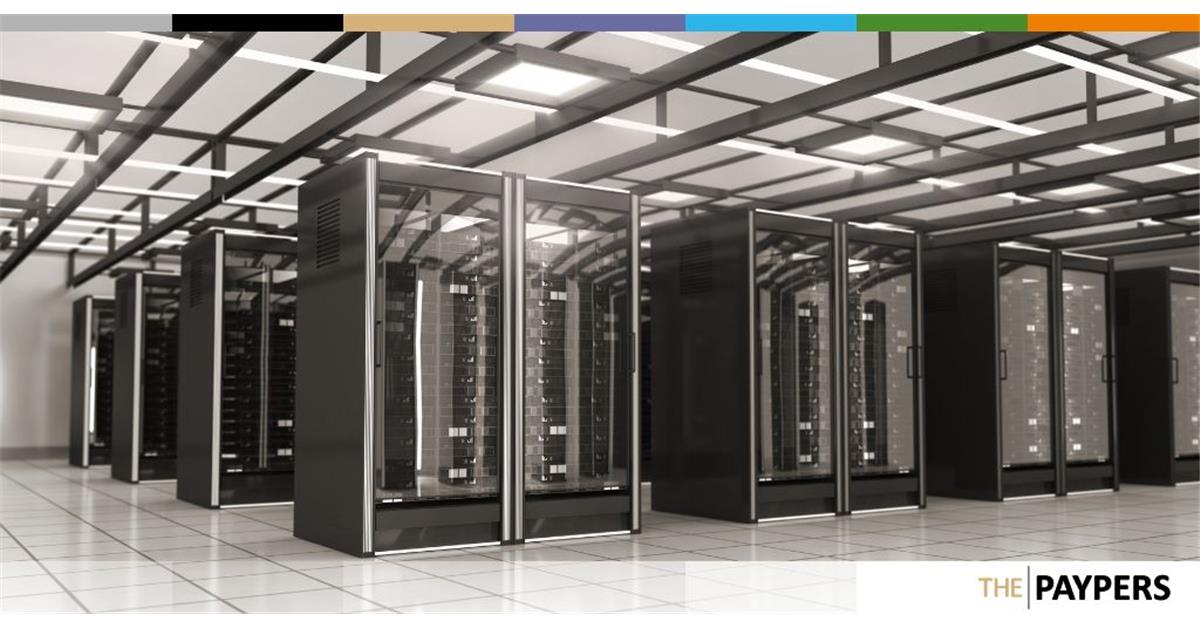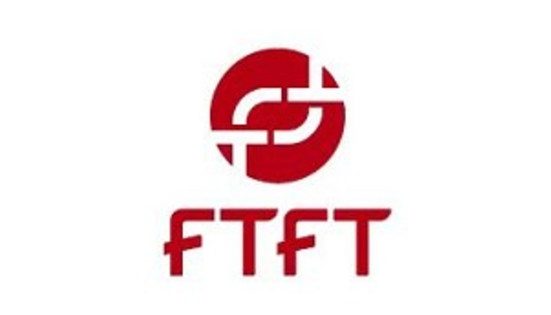One of the key objectives of this legislation is to target cryptocurrency mining activities, which the government deems undesirable within the country. The proposed law will require data centre operators to register and disclose detailed information about their operations, including management details and the services offered. The government aims to use this measure to filter out certain activities, particularly cryptocurrency mining.
Energy Minister Terje Aasland cited concerns over the significant greenhouse gas emissions associated with cryptocurrency mining as a primary reason for wanting to restrict such operations in Norway. He emphasised the government’s preference for hosting ‘serious actors’ that contribute positively to society, rather than those solely seeking cheap energy.
Despite the focus on filtering out cryptocurrency mining, Norway acknowledges the importance of the broader data centre industry. The country’s Digitalisation Minister emphasised the need for stricter controls over the sector, stating that the government must be discerning about which operators are allowed to operate within the country.
This move by Norway reflects previous efforts to address cryptocurrency mining within its borders, including discussions around implementing bans and reconsidering tax incentives for data centres, including those involved in cryptocurrency mining, as seen in 2021.

A bit of context on crypto mining
According to britannica.com, cryptocurrency mining uses specialized computing resources to add blocks to a proof-of-work (PoW) blockchain. Adding a new block to a blockchain validates and records the latest batch of transactions and simultaneously mints new digital tokens.
According to the same source, cryptocurrency mining faces criticism due to several drawbacks. Firstly, it consumes a significant amount of electricity primarily driven by popular blockchains with numerous competing miners requiring substantial energy for their computing equipment. Secondly, the costs associated with acquiring specialised hardware serve as a barrier to entry for many potential miners. Additionally, the environmental impact is a concern, stemming from both the energy consumption and the manufacturing processes of electronic equipment.
The technical complexity of crypto mining, coupled with diminishing profitability due to escalating competition and decreasing block rewards, presents challenges. Tax reporting can be complex and varies across jurisdictions, posing additional hurdles for miners. Moreover, security vulnerabilities such as hacking and malware expose miners to risks of unauthorised access and data theft.







